The author endeavors to model his home garden after the greatest home gardener of all time: Mother Nature.
- Story and photos by James Inabinet
My gardens are part of the “La Terre Permaculture Project.” Permaculture is an ecological approach to life – especially gardening – that fosters resilience and regeneration. Resilience is about being prepared for whatever may come. Regeneration is about making one’s place better, importantly not just for people but for all the beings that live there. Permaculture techniques include observing how nature does things and then building and making a life in ways that honor that. Imagine humans and nature working in harmony. During my thirty years living here, I have continually asked this place what and how it wants to become. What would it look like if no human lived here? In visualizing this and through the processes of actually making a life here, I have endeavored to become a part of this ecosystem, an integral part, in the same way squirrels running through the trees behind the studio or cardinals nesting in the wax myrtle are a part of it. I have finally come to understand that I cannot be part of this place, La Terre, as a human being if all of my food was grown somewhere else. As a terrestrial being, maybe like a fox or a racoon, I must begin to eat of this place. I wanted the soils and air and water of this place to become my food, and through eating, become more a part of me. Then I might truly become “a part of” La Terre.
I knew the rudiments of gardening so I started my thinking there. I chose a place near my house, but not too near (I wanted my house to be in shade). I knew that my garden would need sunlight and lots of it, so we cleared away the forest to allow for abundant sunshine - but not a single tree more than that. We decided to build raised beds because I wanted distinct boundaries between garden and not garden. We dug up the dirt within the bed and smoothed things out. It started to look like a garden. I thought about what would be next and remembered the incessant weeding I was tasked with as a child and decided I didn’t want that, so I observed nature to find a way around weeds. In the forest, there are very few weeds. This is [a] because trees shade-out the weeds and [b] because leaf litter on the ground mulches-out the weeds. I couldn’t go with [a] for obvious reasons so I went with [b]. We covered all of the dirt with a layer of leaves. We also covered the ground between the beds with pine straw to mulch-out weeds there, too, so I might keep most of the grass completely out. Next, I wanted to go organic. I rejected chemical farming. Chemical farming does not model or honor the way ecosystems work at all. It seems to me that to eat chemically-produced food is to become part of a chemistry experiment. I wanted to become part of La Terre. I went to nature again and observed how nutrient cycling worked, how leaves fell to the ground and decomposed into plant food (right? ... who fertilizes the forest?). We made composters to compost kitchen waste. In addition, I was fortunate to have a friend with horses and lots of poop. This is how we would feed the plants. Next, I wanted my gardens to be diverse like the natural ecosystems that surround it. There wasn’t any one type of plant in any one place but lots of different plants spread out all over. We planted tomatoes all over, in several different beds, so a pest would have to work harder to find them all. We did the same with okra, green peppers, squash, potatoes, sunflowers, watermelon, peas, beans, kale, etc. The thrill of gardening is in watching the changes every day. We visit the garden expectantly, early in the day, to watch flowers with bees crawling all over them. Later, we watch flowers wilt away and the remaining ovary slowly grow into fruit, from tomatoes to squash and beans, from cucumbers to okra and peppers, all are fruit that come into being this way. This is our “Corona Garden,” a permaculture experiment in gardening, taking cues from nature and acting in ways that harmonize. Soon, if things work out, we will be able to eat from this place and begin to become more a part of it, begin to more fully participate its coming into being, less as interlopers and more as genuine constituent parts. Comments are closed.
|
Categories
All
Archives
July 2024
|
Shoofly Magazine Partners
Our Shoofly Partners are local businesses and organizations who share our mission to enrich community life in Bay St. Louis, Waveland, Diamondhead and Pass Christian. These are limited in number to maximize visibility. Email us now to become a Shoofly Partner!

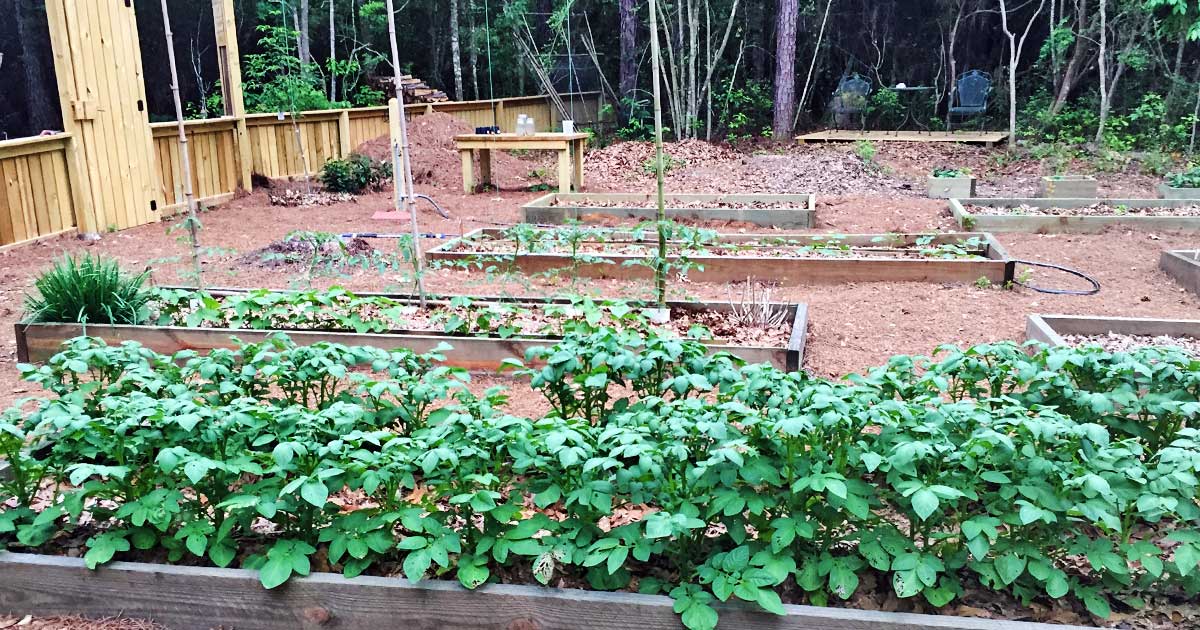

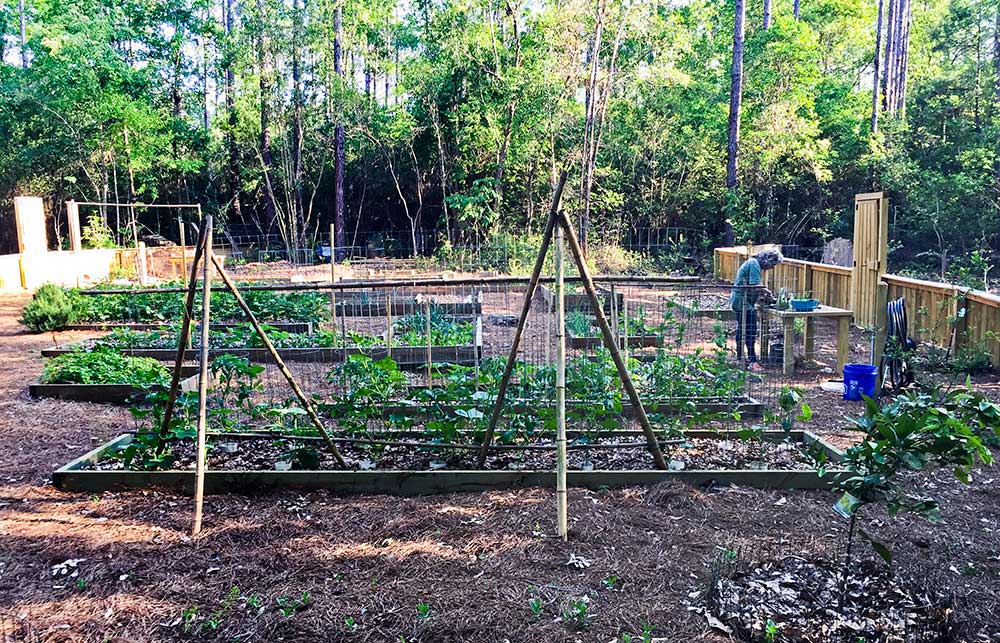
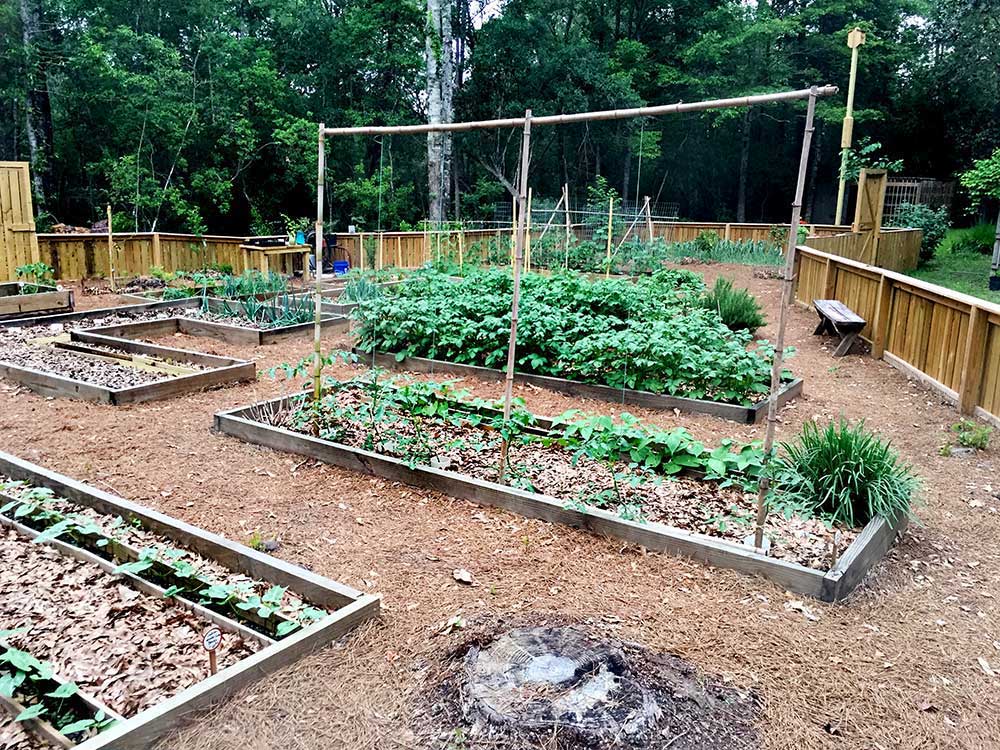
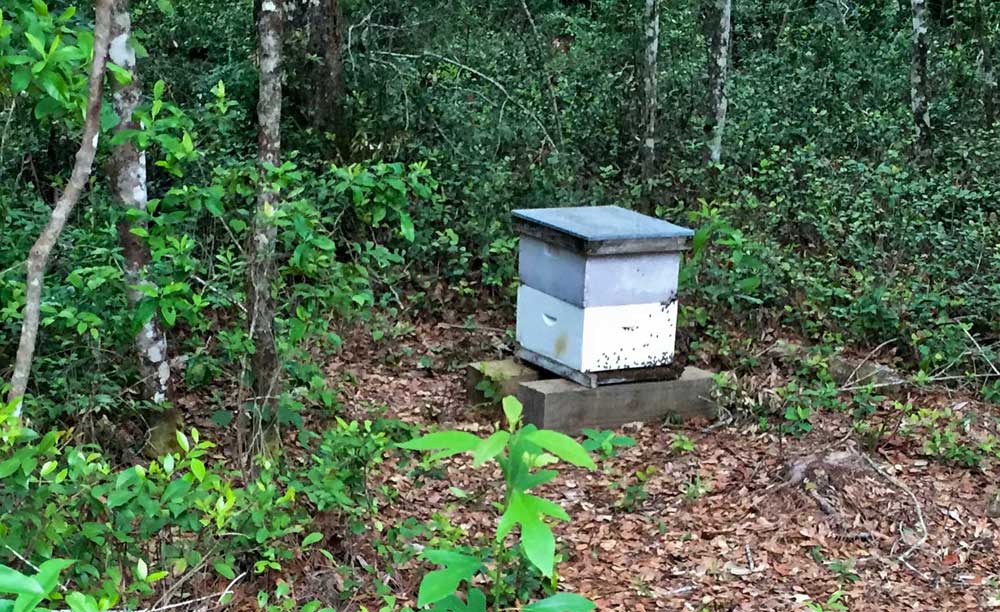
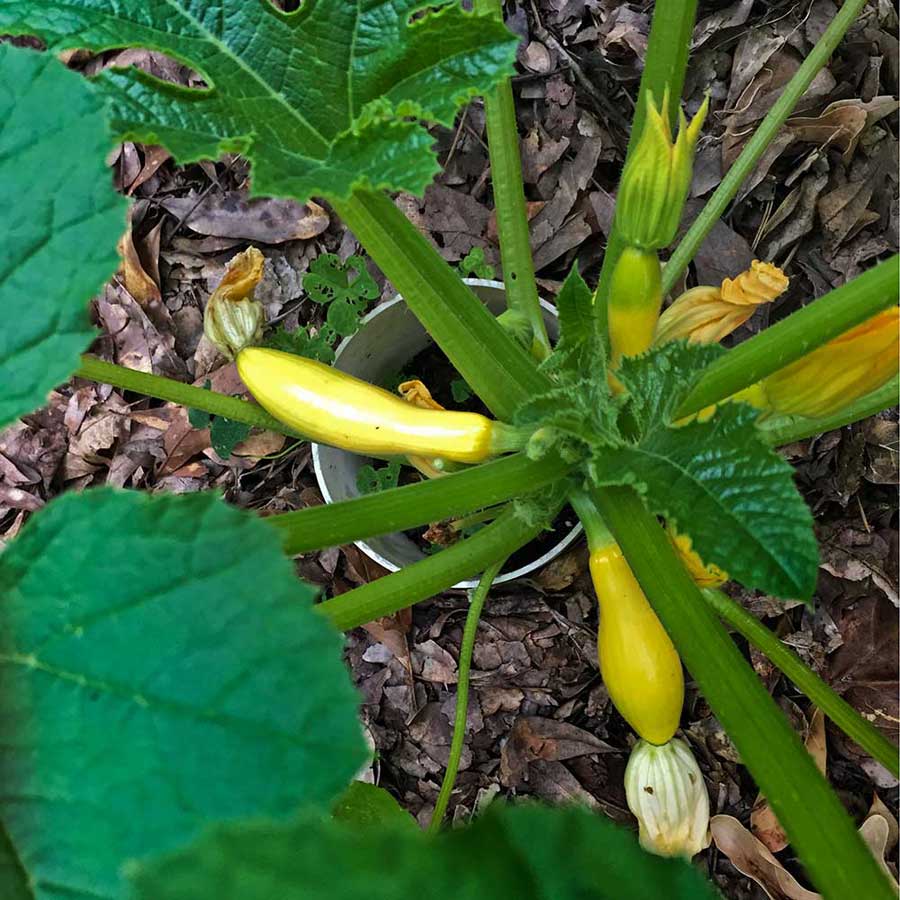
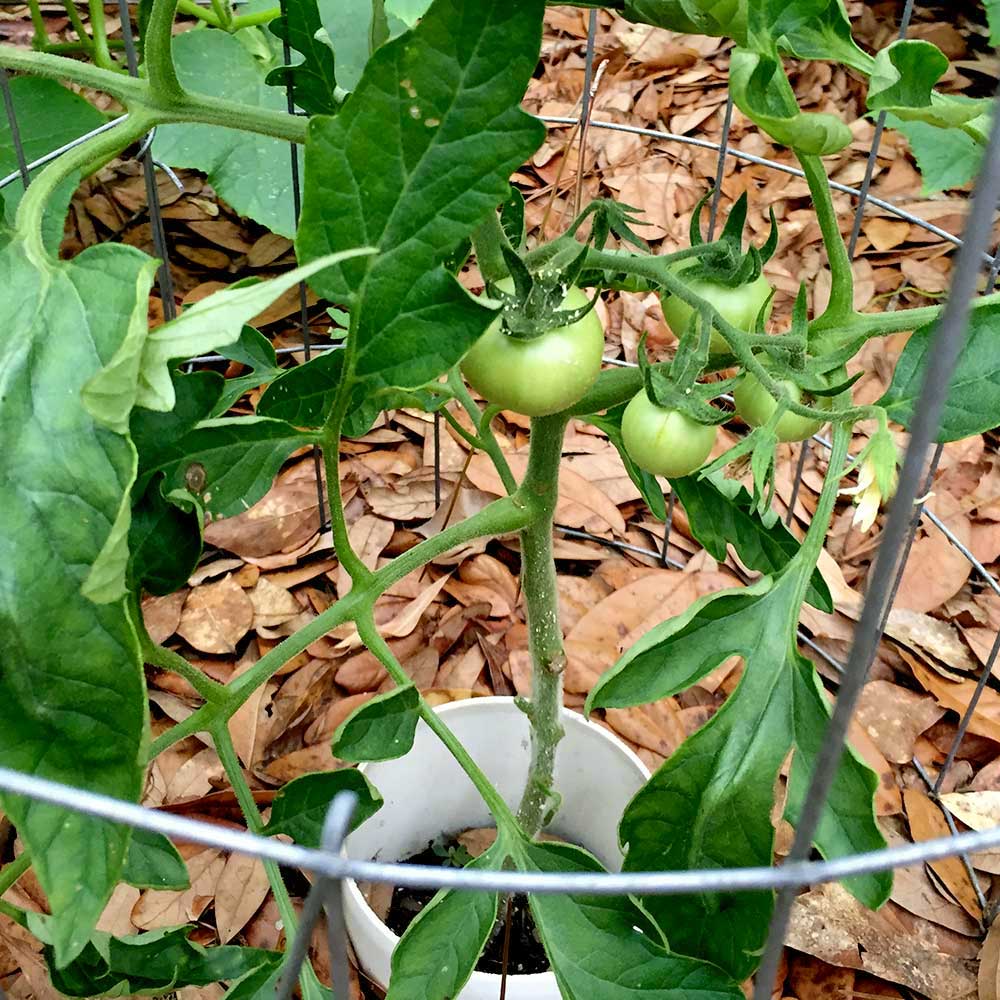

























 RSS Feed
RSS Feed























